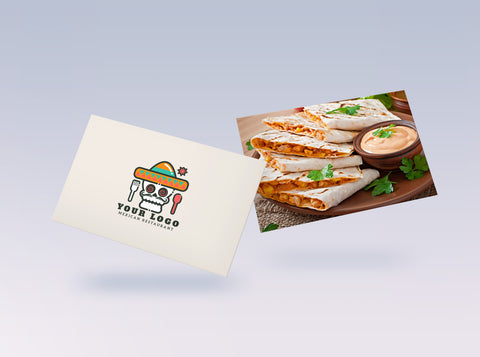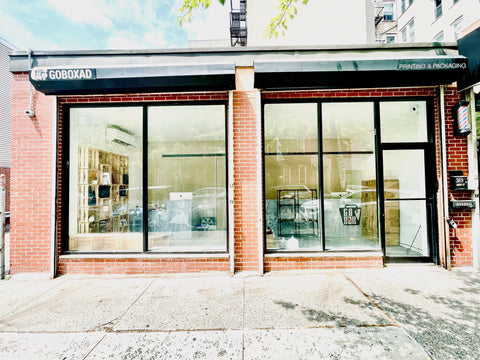In the restaurant industry, business cards are a vital tool for establishing connections and promoting your brand. Understanding the cultural nuances and appropriate etiquette when exchanging business cards can make a significant difference. This article provides a comprehensive guide tailored to restaurant owners and managers, highlighting the best practices across various cultures.
The Role of Business Cards in Today's Digital Age
United States
In the US, business cards are exchanged with minimal formality. It's common to offer a business card after a brief conversation, ensuring the details are facing up. A prompt and straightforward approach is appreciated.
Japan
In Japan, exchanging business cards is a ceremonial process. Present your card with both hands and bow slightly. Take time to carefully examine the card you receive before putting it away. This shows respect and attention to detail.
China
In China, use both hands to present and receive business cards. Spend a moment reviewing the card before placing it in a respectful location. It's beneficial to have your card translated into Chinese, using simplified characters for mainland China and traditional characters for Taiwan and Hong Kong.
India
In India, while the exchange of business cards is less formal, it's courteous to show a brief acknowledgment of the card before putting it away. This practice reflects mutual respect.
Brazil
In Brazil, the exchange of business cards is relaxed but respectful. Cards are often exchanged during or after the initial conversation.
Middle East
Respect for religious and cultural customs is essential in the Middle East. Always give and receive business cards with your right hand or both hands.
United Kingdom
In the UK, exchanging business cards is straightforward and unceremonious. One-handed presentation is common, similar to practices in the US.
Russia
Russian business culture emphasizes formality. Introduce yourself formally before exchanging business cards. Consider using bilingual cards if you frequently interact with Russian counterparts.
Integrating Digital Elements with Physical Business Cards
While digital media is increasingly popular, physical business cards remain crucial in many cultures. Enhancing your cards with QR codes and digital links can bridge traditional practices with modern convenience.
Designing Effective Business Cards for Restaurants
Creating a business card that resonates across cultures involves understanding design preferences and etiquette:
- Professional Design: Ensure your card looks professional and is easy to read.
- Cultural Sensitivity: Adapt your card’s design to respect cultural nuances.
- Universal Appeal: Strive for a clean and simple design that appeals universally.
The Impact of Cultural Sensitivity
Adapting to various business cultures is essential for success in the restaurant industry. Recognizing and respecting local business card etiquette can open doors to new opportunities. Your business card is often the first impression you make, so use it to your advantage.
Frequently Asked Questions
What is the most critical aspect of business card etiquette in Japan?
The ceremonial presentation and respectful handling of the card are paramount. Use both hands and bow slightly as you present your card.
Can digital business cards replace physical cards globally?
While digital cards are increasingly popular, physical cards remain important in many cultures. Including QR codes on your physical cards can offer a digital touch.
How should you receive a business card in the Middle East?
Always receive a business card with your right hand or both hands to show respect.
What design elements should be considered for a universal business card?
A clean, professional design with legible text is universally acceptable. Simplicity ensures that your card looks sophisticated across different cultures.
Is it necessary to translate business cards for different countries?
While not mandatory, having a translated version of your card can be beneficial, especially in non-English-speaking countries.




